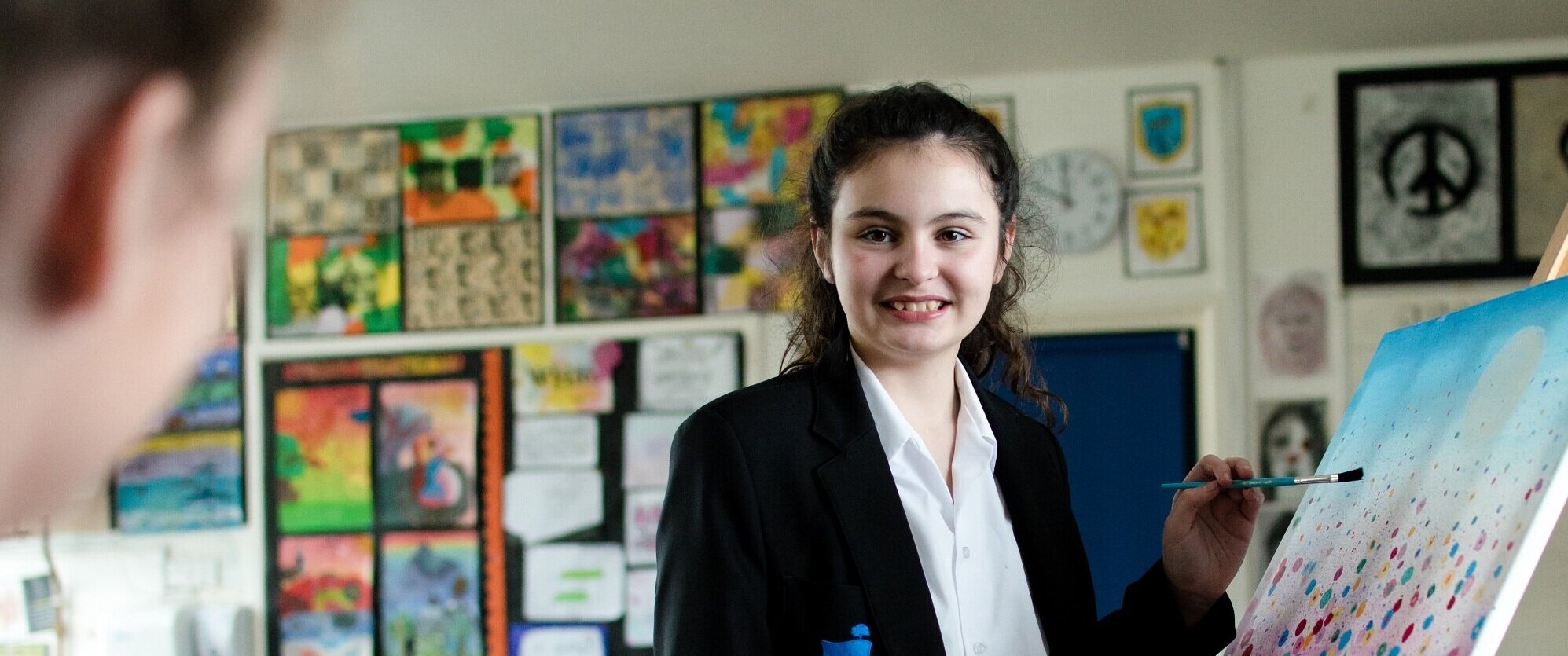
Home > Curriculum and Learning > Geography
Geography
“So many of the world’s current problems boil down to Geography, and need the Geographers of the future to help us understand them” – Michael Palin
At Whitstone we aim to stimulate in our students an interest and a fascination about the world they live in. We want them to become people who are able to investigate, question and to think critically about issues that affect the world in the past, present and future. We believe that geography provides a comprehensive basis from which students can follow any career path they wish with a range of transferable skills behind them.
There will be a balance between human and physical geography throughout key stage 3. There will also be studies covering a range of places and scales. The theme of sustainability will feature throughout.
Lessons will be a mixture of teacher led, group work and independent work. The department is well resourced and there is a wide range of print, digital and online resources that we use.
Our intent for the curriculum is to underline and promote the vitally important role that Geography plays in understanding how the world works. It helps to arouse curiosity and develop an understanding of diverse places, people, resources, human and natural environments and global issues. Key stage 3 Geography at Whitstone School is the beginning of a journey not just towards further study at GCSE and A level but also to aid our students in becoming well-rounded adults who can contribute positively in their local and global community. Geography develops an understanding of concepts, knowledge and skills which can aid a students’ future employability.
There are three main aspects within the Geography curriculum that will begin in Key stage 3 and develop towards GCSE and beyond:
Locational and place knowledge
Human and physical geography
Geographical skills and fieldwork
Our geographical concepts are:
Place (every place has a particular location and a unique set of physical and human characteristics)
Space (most things e.g. physical features, people, services, goods are located and distributed in space)
Scale (understanding the big picture as well as what we experience day to day, scale influences the way we represent what we see or experience)
Interdependence (we all have impact on each other)
Physical and human processes (events can change the physical and human world)
Environmental interaction and sustainable development (people use the natural world and have the ability to change it)
Cultural understanding and diversity (people from around the world lead different ways of life)

